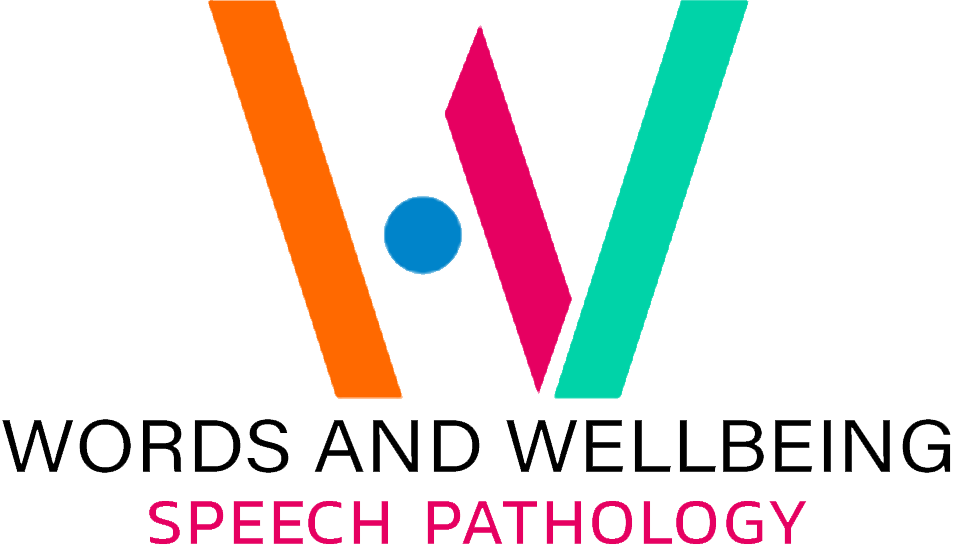At Words and Wellbeing Speech Pathology, we specialise in providing comprehensive speech pathology
services to adults who encounter challenges in communication, swallowing, or cognitive processes.
Our
practice recognises the complexity of communication as an essential human function, encompassing a
wide
array of activities such as speaking, listening, understanding, reading, writing, and socialising.
At Words and Wellbeing Speech Pathology our goal is to support you through every step of your journey towards better communication and swallowing, enhancing your quality of life.
How We Can Help
-
Communication and Speech Challenges
Whether you're facing issues like aphasia, dysarthria, or dyspraxia, where muscles involved in speech might be weak or uncoordinated, we're here to assess and guide therapy. This might include exercises and practical strategies to improve muscle function and speech clarity. -
Eating, Drinking, and Swallowing Difficulties
If you're having trouble swallowing, our speech pathologists can evaluate your situation and offer plans to ensure you can eat and drink safely. -
Voice Changes
If your voice is affected by overuse or conditions such as Parkinson’s Disease, making it quieter or strained, we can help restore and maintain its quality. -
Stuttering
For those who experience stuttering, our approach includes techniques to reduce speaking anxiety, improve breathing, and promote smoother speech. -
Assistive Technology for Communication
We provide access to devices and technology designed to aid communication, whether through enhancing speech or offering alternative methods. -
Cognitive Communication
If you're dealing with cognitive challenges affecting communication, like issues with memory or attention, we offer targeted interventions to help manage and improve these functions. -
Learning and Literacy
Our support extends to boosting your learning, literacy, and overall communication confidence, tailored to your individual needs. -
Training for Carers
We also offer training for family, friends, and support workers to better understand and assist with communication interventions. -
Augmentative and Alternative Communication (AAC)
For those who need different ways to communicate, we guide through the selection, assessment, and use of AAC tools and strategies.
Identifying difficulties in Adults
Noticing the early signs of communication and swallowing difficulties is crucial for seeking timely support. At Words and Wellbeing Speech Pathology, we encourage you to get in touch if you or someone close to you exhibits any of the following symptoms:Communication Challenges:
- Difficulty speaking clearly or being understood.
- The need to modify or work on your accent for clearer communication.
- Struggling with speaking smoothly, including frequent pauses or hesitations.
- Difficulty controlling the pace of your speech or maintaining a steady voice.
- Noticeable changes in your voice, such as reduced volume or less variation in pitch.
- Decreased confidence in your ability to express yourself or speak out in various settings.
- Trouble with memory or understanding information, impacting your daily communication.
- Experiencing changes in your speech or language abilities following a brain injury or stroke.
Swallowing/Feeding Concerns:
- Coughing or choking on food or liquids more frequently than usual.
- Hesitation or difficulty initiating the swallow.
- Needing extra time to chew or swallow food.
- Retaining food in your mouth for long periods before swallowing.
- Experiencing pain while swallowing.
- A "wet" or gurgly voice quality after eating or drinking, indicating possible aspiration.
- Increased drooling or difficulties managing saliva.
- Frequent chest infections or pneumonia, which could be related to swallowing issues.
- Unintentional weight loss due to eating or swallowing difficulties.
- Regurgitation of food or persistent heartburn.
- Leftover food in the mouth after swallowing, indicating incomplete clearance.
If you notice these signs in yourself or someone you care about, it's important to seek professional advice.
